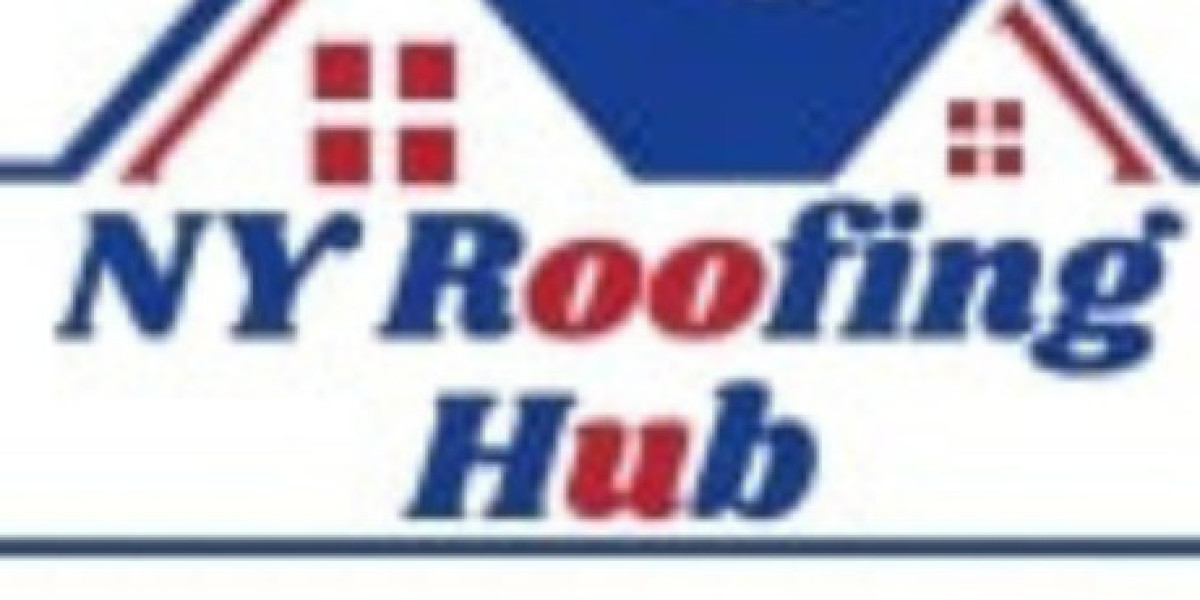When it comes to metal roofing, one of the most important choices homeowners and contractors face is the gauge—or thickness—of the metal. Two of the most common options are 24-gauge and 26-gauge steel panels. At New York Roofing Company, our experienced New York roofing contractors are often asked which gauge is best for specific residential and commercial roofing projects. In this article, we’ll break down the differences between 24 and 26 gauge metal roofing to help you make an informed decision.
What Does Metal Gauge Mean?
In metal roofing, "gauge" refers to the thickness of the metal sheet. Interestingly, the lower the gauge number, the thicker the metal. So, a 24-gauge panel is thicker and heavier than a 26-gauge panel.
Here’s a quick comparison:
24 gauge = 0.0239 inches thick
26 gauge = 0.0179 inches thick
This slight difference in thickness can have a significant impact on performance, durability, and cost—especially in a place like New York where buildings are exposed to extreme weather conditions throughout the year.
Durability: Which One Lasts Longer?
24-gauge metal roofing is typically more durable than its 26-gauge counterpart. The added thickness allows it to withstand stronger winds, hail, and heavy snow accumulation—common concerns in regions that experience harsh winters or frequent storms.
At New York Roofing Company, we often recommend 24-gauge panels for:
Commercial buildings
High-end residential homes
Coastal or high-wind areas
On the other hand, 26-gauge metal roofing is still durable but may dent more easily when hit with debris or hail. It is suitable for areas with milder weather and is frequently used in agricultural buildings, garages, and budget-friendly residential projects.
Cost Differences
Cost is a major factor when choosing between 24 and 26 gauge metal roofs. 24-gauge roofing panels are thicker, so they naturally cost more—not just for the material but also for transportation and installation due to the added weight.
26-gauge roofing panels are generally more affordable and easier to handle, making them a cost-effective choice for homeowners who need a balance between performance and budget.
At New York Roofing Company, we work with clients to understand their long-term roofing goals and help them choose a material that offers the best value without compromising on quality.
Aesthetic and Design Flexibility
Both 24 and 26 gauge metal roofing panels come in a wide variety of colors, coatings, and finishes. However, 24-gauge panels often come with higher-end finishes like Kynar 500, which offers superior UV resistance and color retention.
If curb appeal is a priority—for example, in a high-end home or a commercial building in Manhattan—New York roofing contractors often recommend 24-gauge panels for their enhanced appearance and durability over time.
Noise Reduction
One common concern among homeowners considering metal roofs is noise—particularly during heavy rain or hail. Thicker metal panels, such as 24 gauge, naturally absorb more sound than thinner 26-gauge panels. Combined with proper insulation and underlayment, a 24-gauge roof can offer a surprisingly quiet indoor experience.
At New York Roofing Company, our team ensures that the right underlayment systems are used to minimize noise, no matter what gauge you choose.
Installation Considerations
Installing a 24-gauge metal roof requires slightly more effort and expertise due to its weight and rigidity. It's crucial to hire experienced New York roofing contractors who understand the best practices for installing thicker gauge materials without damaging them.
Meanwhile, 26-gauge metal is lighter and easier to work with, which can reduce labor time and costs. However, it’s more susceptible to oil canning—a visible waviness in flat areas of the metal panels. With expert installation, even this concern can be minimized.
Applications Based on Building Type
Here’s a quick reference based on building type:
Luxury Homes in NYC Suburbs – 24 Gauge
Commercial Office Buildings – 24 Gauge
Standard Residential Homes – 26 Gauge or 24 Gauge (depending on budget)
Garages and Sheds – 26 Gauge
Agricultural Barns – 26 Gauge
Choosing the right metal thickness can significantly impact the lifespan and performance of your roof. That’s why homeowners looking for “roofing services near me” should always consult professionals like those at New York Roofing Company before making a final decision.
Environmental Benefits
Metal roofing—regardless of gauge—is one of the most environmentally friendly roofing options available. Both 24 and 26-gauge panels are typically made from recycled materials and are fully recyclable at the end of their life. The thicker 24-gauge panels may have a longer lifespan, potentially reducing waste over time.
Our New York Roofing services also include options for solar-ready roofing systems, which pair beautifully with metal roofs to enhance your home’s energy efficiency.
Final Thoughts: Which Gauge Is Right for You?
The choice between 24 gauge and 26 gauge metal roofing depends on several factors:
Budget
Weather exposure
Aesthetic preference
Building type
Longevity goals
If you’re still unsure, our expert team at New York Roofing Company is here to help. As one of the leading New York roofing contractors, we provide personalized guidance, free estimates, and complete New York roofing services tailored to your specific needs.
Ready to Upgrade to Metal Roofing?
If you’ve been searching for roofing services near me, don’t settle for guesswork. Reach out to New York Roofing Company today and let our experts help you choose the perfect metal roofing solution for your property—whether it’s a durable 24-gauge system or a cost-effective 26-gauge roof.







